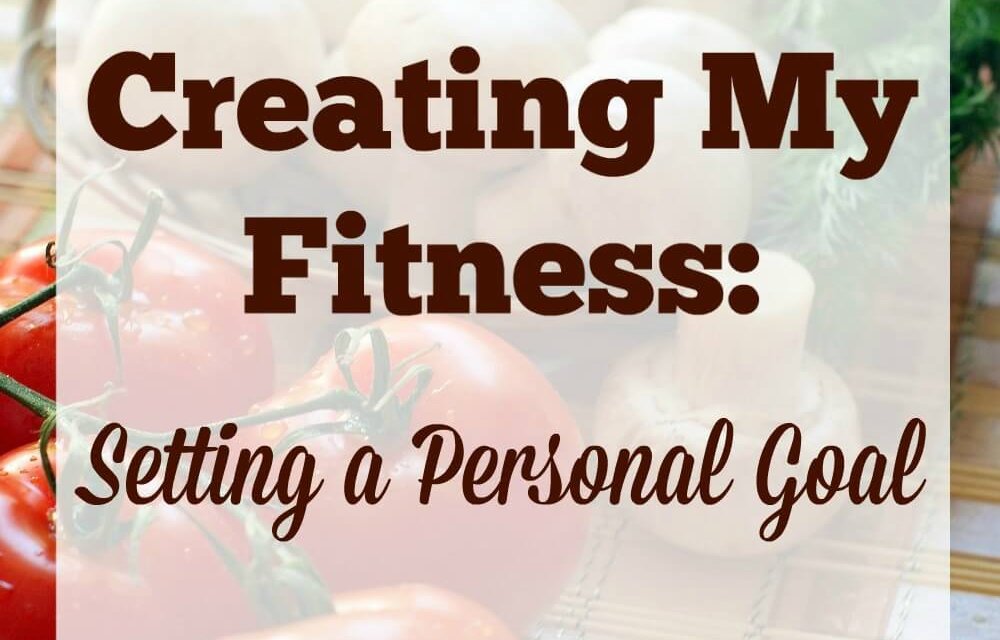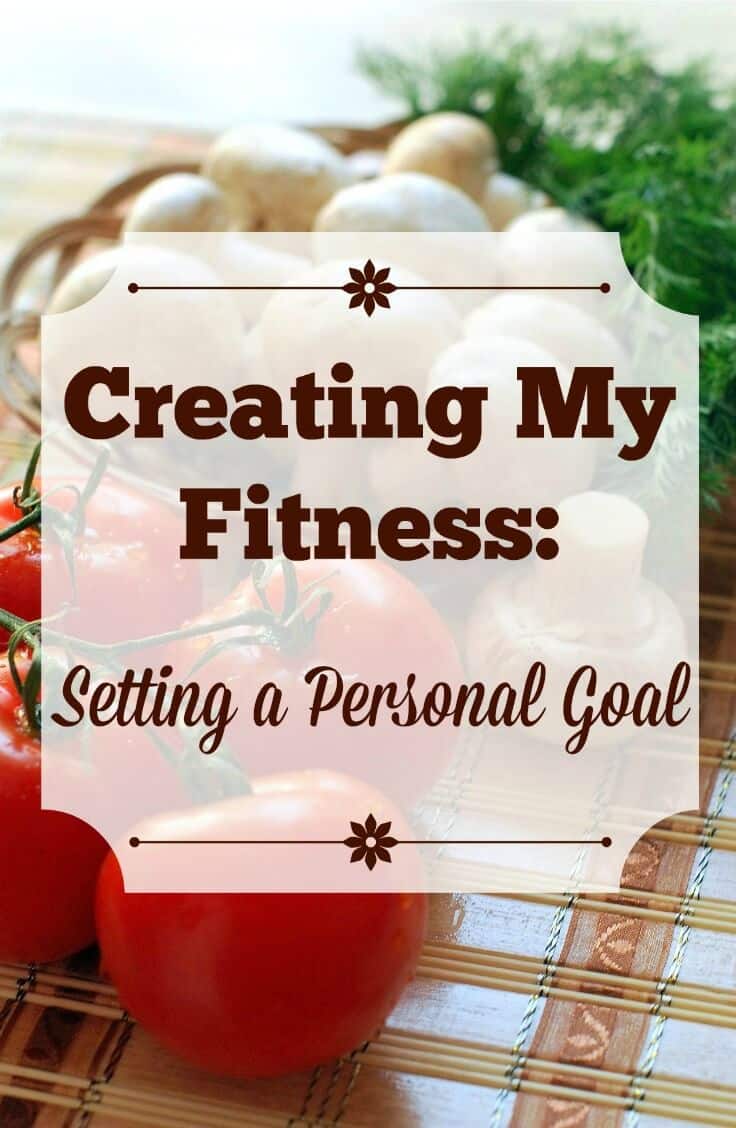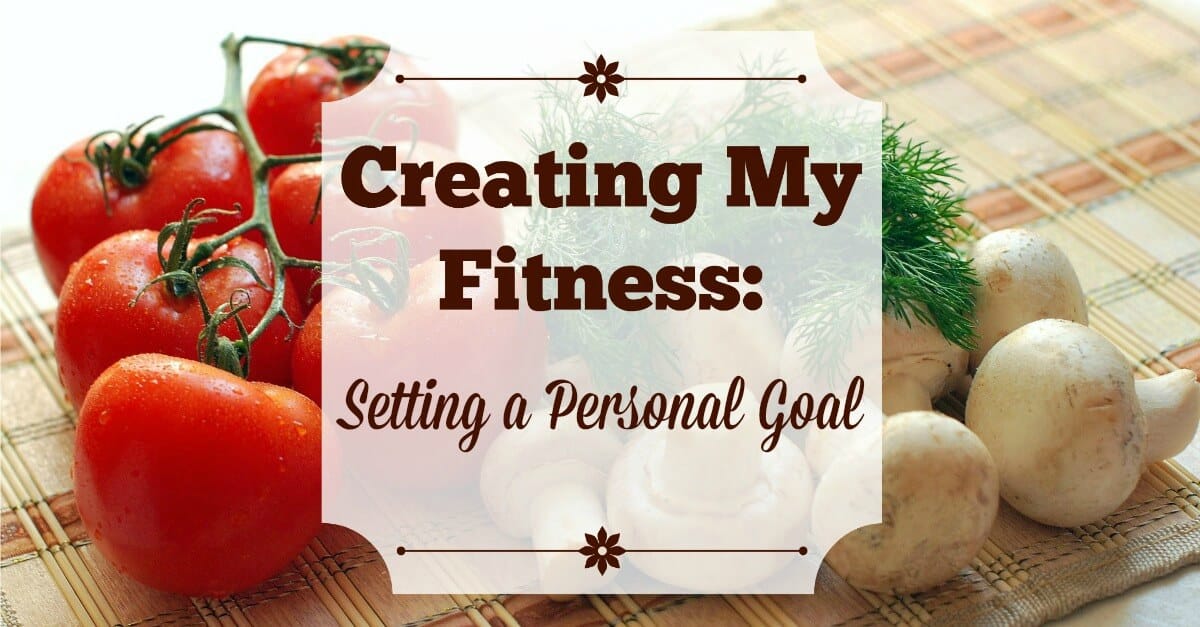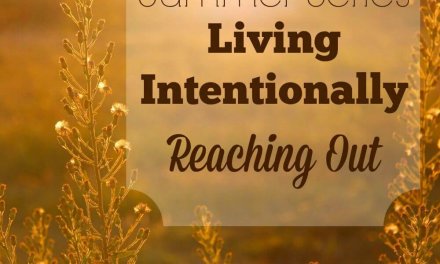The first step in almost any process of change is to set goals. But why do we do this? Can’t we just skip this step and get on to smelling the roses and watching the sunset?
Well… no.
Goals help us live more intentionally. They give us, if not a path to follow, a destination. If I asked you the way to San Jose, you could probably tell me 100 different ways to get there (thank you, Google maps). Some might fly, some might take a boat. Some might take the scenic route, others the direct. Some people might take a cross-country ride on a tractor! The path is up to you, but knowing where you’re going keeps you heading in the right direction.
Now imagine this scenario. You have plans with a friend to meet, but she won’t tell you where. “You’ll know it when you get there,” she says. Uhhhhhh, okay. Which way do you turn when you get to the end of your driveway? I’m pretty sure I would just turn back. I’m also pretty sure I wouldn’t make plans with that friend again.
How many times have you started doing something with no clear end in mind? How did it work out? I don’t doubt that there are people out there who live a perfectly content life having no goals, just seizing opportunities as they come up.
Most people, however, don’t operate very well like that. I, for one, would end up binge watching Netflix with a pint of Ben and Jerry’s for weeks on end.
Before you start to panic, goals don’t have to be stodgy, professionally worded SMART goals. I’m not your boss. I’m not your teacher. You don’t have to write your goals for anyone but yourself.
Goals helps us by serving 3 main purposes:
1. Setting goals helps us figure out what we want. If you take the time to really think about your goals, the process will help clarify what’s important and what will have the biggest impact on your life.
2. Have a goal helps us gauge whether we’re moving in the right direction.
3. Goals allow us to say, “I’m done!” When you have a specific goal – I want to lose 25 lbs – you know when you’ve met it. It’s a great feeling to check off a goal as done… and move on to the next.
For our purposes, our goal should be something that helps us live a healthier lifestyle. Think about choices you can make to help you reach your goal of living a longer, healthier life.
For example:
I want to eat a lean and green dinner (lean protein with only veggie sides) 5 nights a week for a month.
The time frame helps, too. By setting a time limit, the goal feels more achievable because, well, you can do anything for a month!
Another example:
I want to walk 30 minutes a day this week.
Start small, and adjust as you go. Big goals can be overwhelming and often make it hard to feel successful. Losing 100 lbs is really overwhelming. 10 feels much more doable.
[mailmunch-form id=”297865″]







